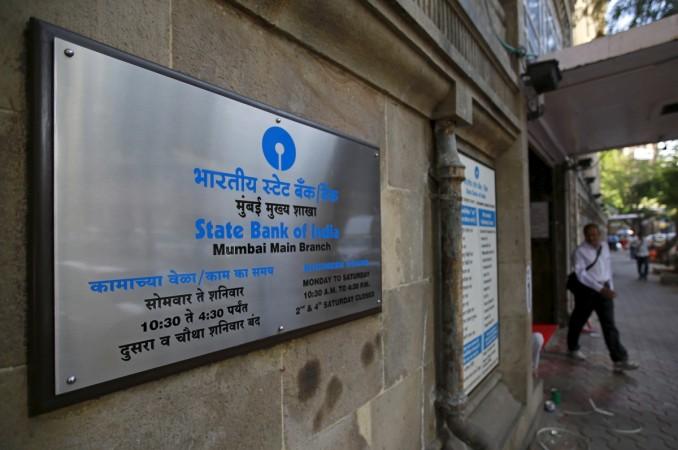
As India's stressed loans soar to a whopping Rs. 8 lakh crore, the country is attracting overseas asset managers to invest in its distressed assets.
Canada-based Brookfield Asset Management on Wednesday signed a memorandum with State Bank of India (SBI) to help create one such stressed asset management fund.
Brookfield's initial commitment of Rs. 7,000 crore in India may come across as pittance, considering its Rs.16 lakh crore ($240 billion) of assets under management world over. SBI, that has also agreed to chip in 5 percent of the total investments going in to any chosen distressed-asset, also holds Rs. 55,807 crore in bad loans.
Though a senior SBI executive told Reuters that the joint venture will target early stage or equity financing into stressed loans, the fund is viewed as a step in the right direction for Indian banks' growing nonperforming assets (NPA). The Brookfield-SBI fund may entice other banks to join the corpus, it noted.
Pressure to maintain adequate capital requirement under Basel III norms, has prompted the Reserve Bank of India to ask banks to clean up their books. The government, too, realizing that expansion in bank credit was crucial to its economic growth, unleashed liquidity support on Tuesday. It has also relaxed rules on bad loans and sought setting up of asset management funds.
As Brookfield closed in on its single largest India fund, other investors like J.C. Flowers & Co, Canada Pension Plan have announced their intention to invest in the India's stressed assets.
SBI-Brookfield fund is expected to give a start to clear the country's biggest roadblock, NPAs. It also holds the potential to bring in more investors, banks and funds into the distressed assets space. Forbes cited the chief of Brookfield India, Anuj Ranjan as saying that the fund was an "opportunity to continue to invest in the long-term India story."
SBI Chair, Arundhati Bhattacharya said the move would help "find an alternative solution for the resolution of stressed assets". This is especially for companies stuck in a phase, where promoters do not have enough funds to infuse and lenders are reluctant to expose themselves more.
Siddharth Purohit, a banking analyst at Angel Broking, told the news agency that India's NPAs was colossal and the country needs larger funds than the what is seen so far.








